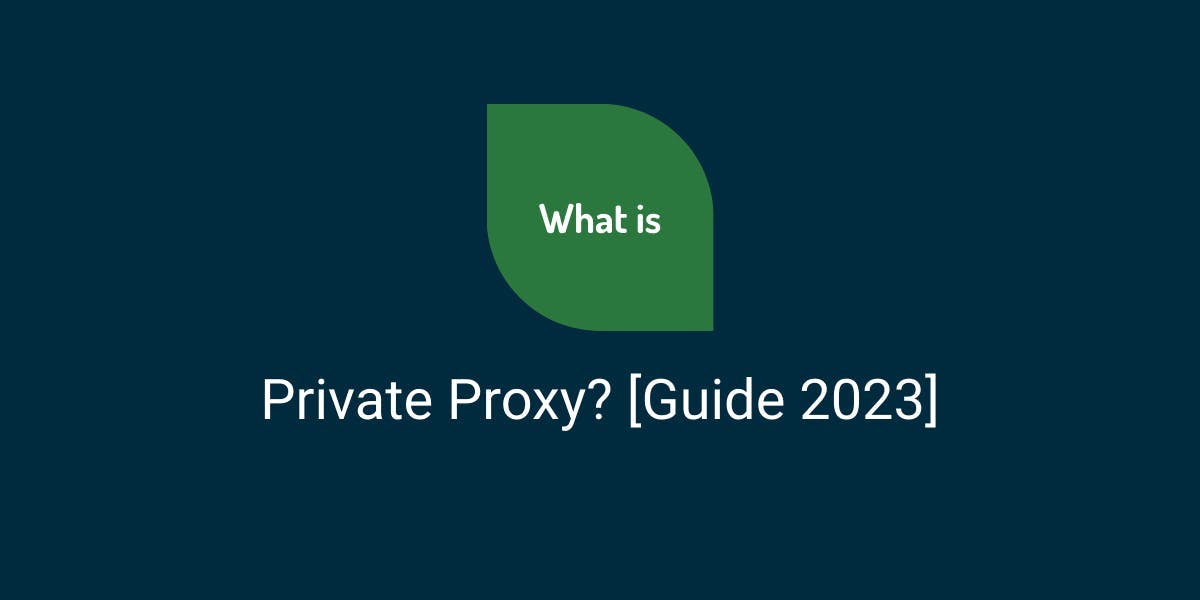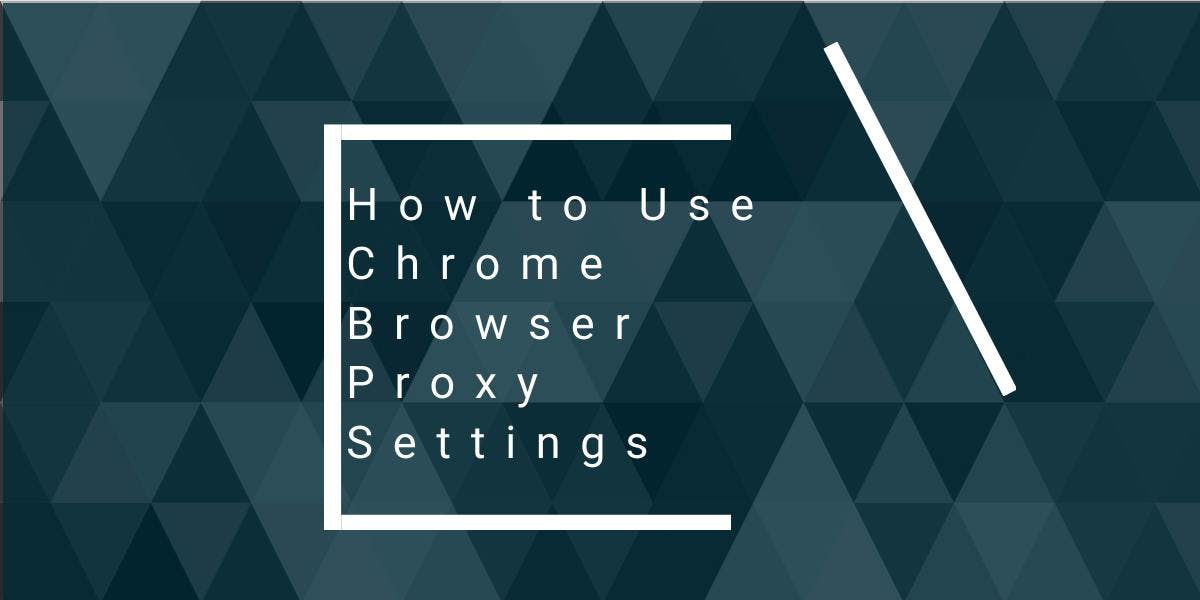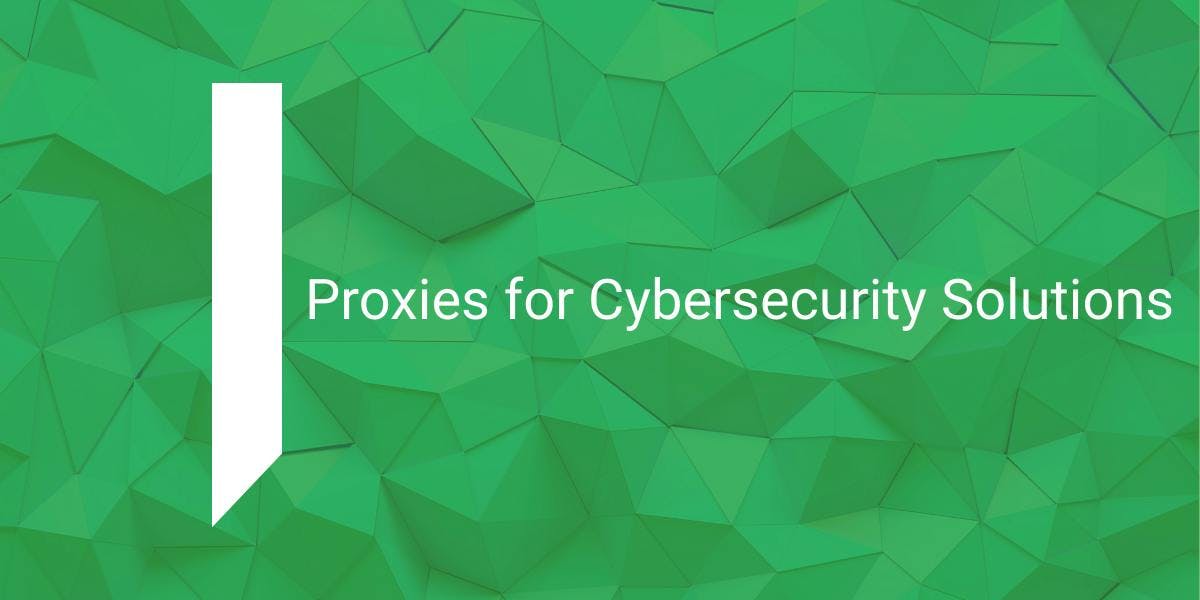Datacenter Proxies vs. Residential Proxies
Flipnode on Jun 22 2023
In the world of web scraping, proxy servers play a crucial role in enabling access to data from various sources. When it comes to proxies, two common types are datacenter proxies and residential proxies. Understanding the differences between these two options is essential for choosing the right proxy type for your specific needs. In this article, we explore the distinctions between datacenter proxies and residential proxies, examining their characteristics, use cases, and considerations. Whether you're an individual, a business, or a researcher, this guide will help you make an informed decision when it comes to selecting the most suitable proxy solution for your data gathering and scraping endeavors.
Understanding Proxies and Their Importance
In today's digital landscape, the use of proxies has become essential for individuals and businesses alike. Proxies serve as intermediaries between users and the internet, enabling a range of benefits such as enhanced security, privacy, and performance optimization. Understanding the role and importance of proxies is key to navigating the online world effectively and safely.
Proxies act as a protective shield by masking users' IP addresses, making it difficult for malicious entities to track or trace their online activities. This anonymity not only safeguards sensitive information but also enables users to access region-restricted content and overcome geo-blocking restrictions. Additionally, proxies offer the advantage of improving browsing speed and performance by caching data and distributing network traffic effectively.
In this article, we delve into the world of proxies, exploring their functions, benefits, and various types. We will uncover how proxies enhance online experiences, protect sensitive information, and enable seamless data collection. Whether you're an individual seeking privacy or a business looking to optimize operations, understanding proxies is crucial in today's interconnected and data-driven world. Join us as we unravel the intricacies of proxies and discover their profound impact on online security and efficiency.
Exploring Datacenter Proxies: Features, Benefits, and Limitations
In the realm of online anonymity and security, datacenter proxies have emerged as a powerful tool for individuals and businesses alike. These proxies, hosted in dedicated data centers, offer a range of features and benefits that cater to different user requirements. By understanding their unique characteristics and limitations, you can make informed decisions about incorporating datacenter proxies into your online activities.
One of the key advantages of datacenter proxies is their exceptional speed and reliability. Being hosted in data centers optimized for high-performance networking, these proxies provide blazing-fast connections and low latency. This makes them ideal for tasks that demand fast and uninterrupted internet access, such as web scraping, competitive intelligence gathering, and automated data retrieval. The robust infrastructure of datacenter proxies ensures a stable and consistent browsing experience.
Another notable feature of datacenter proxies is the vast pool of IP addresses they offer. With a wide range of available IPs, users can rotate between different addresses, effectively masking their online identities and bypassing certain restrictions. This flexibility is particularly valuable for activities like social media management, brand protection, and search engine optimization, where utilizing multiple IP addresses can help mitigate the risk of IP blocks and enhance online presence.
However, it is important to recognize the limitations of datacenter proxies. Due to their nature as non-residential IPs, datacenter proxies may not be suitable for applications that require geolocation-specific IP addresses or access to location-dependent content. Additionally, some websites and platforms have implemented sophisticated anti-proxy measures to detect and block datacenter IPs, which can pose challenges for certain use cases. It's crucial to assess your specific requirements and consider alternative proxy options if necessary.
Unveiling Residential Proxies: Characteristics, Advantages, and Drawbacks
Residential proxies have emerged as a powerful tool in the realm of online privacy, security, and data gathering. These proxies differentiate themselves from datacenter proxies by routing internet traffic through real residential IP addresses assigned by Internet Service Providers (ISPs). In this chapter, we will embark on a comprehensive exploration of residential proxies, delving into their distinct features, advantages, and potential drawbacks. By understanding the intricacies of residential proxies, you can unlock their full potential and leverage them effectively in your online activities.
One of the key characteristics that sets residential proxies apart is their authenticity. As they operate with real residential IP addresses, they mimic genuine users, making it difficult for websites and online platforms to distinguish them from regular internet users. This authenticity is highly valuable for a range of applications, such as web scraping, social media management, ad verification, and e-commerce. By employing residential proxies, you can navigate IP-based restrictions and bans, maintain anonymity, and execute tasks with a higher degree of credibility.
In addition to their authenticity, residential proxies offer the advantage of geolocation flexibility. With a diverse pool of residential IP addresses from different regions and countries, you can effectively mimic specific locations. This proves invaluable when accessing location-dependent content, performing geolocation testing, conducting market research in different regions, and obtaining localized search results. By leveraging residential proxies, businesses can gain insights into regional preferences, tailor their offerings to specific markets, and optimize their digital strategies accordingly.
While residential proxies offer numerous advantages, it's important to acknowledge their limitations. Due to their reliance on real residential IPs, the availability of such addresses is limited, making residential proxies relatively more expensive compared to datacenter proxies. Additionally, the connection speeds and reliability of residential proxies can vary due to factors like network congestion and the performance of residential networks. Evaluating these factors is crucial to determine if residential proxies align with your specific requirements and budget.
Use Cases: When to Choose Datacenter Proxies or Residential Proxies
Choosing between datacenter proxies and residential proxies can be a critical decision when implementing a proxy solution. Each type of proxy offers distinct benefits and considerations that make them suitable for specific use cases. In this chapter, we will explore various scenarios and industries where the choice between datacenter proxies and residential proxies becomes crucial. By understanding the specific requirements and nuances of different use cases, you can determine which proxy type aligns best with your needs.
- Web Scraping and Data Aggregation:
When it comes to web scraping and data aggregation, the choice of proxies depends on factors such as scale, speed, and the websites being targeted. Datacenter proxies are often favored for large-scale scraping projects that require high-speed and cost-effective solutions. They provide faster response times, higher connection speeds, and greater availability. On the other hand, residential proxies excel in scraping websites that implement stricter anti-scraping measures. The use of real residential IP addresses offers a higher level of anonymity and reduces the chances of being blocked or detected. - Online Advertising and Ad Verification:
In the realm of online advertising and ad verification, datacenter proxies are commonly used due to their speed, reliability, and cost-efficiency. Ad verification companies often require large volumes of IP addresses to monitor ads across different regions and platforms. Datacenter proxies can provide the necessary scale and speed required for these operations. However, residential proxies can be beneficial when conducting ad verification from the perspective of real users. By using residential proxies, advertisers can ensure that their ads are displayed accurately to users in specific locations and avoid ad fraud. - E-commerce and Sneaker Bots:
E-commerce platforms, especially those with strict anti-bot measures, present a unique challenge for proxy usage. Datacenter proxies are typically more suitable for e-commerce activities such as price monitoring, inventory tracking, and general browsing. They offer fast speeds and lower costs, making them ideal for high-volume tasks. Conversely, residential proxies are preferred for sneaker bots and limited-release purchasing. The use of residential IPs simulates genuine user behavior and increases the chances of successfully purchasing sought-after items. Residential proxies are less likely to trigger anti-bot measures and help maintain anonymity during the checkout process. - Social Media Management:
Social media managers often require proxies to handle multiple accounts, automate actions, and maintain account security. Datacenter proxies are commonly utilized in social media management due to their affordability and high-speed connections. They enable efficient management of multiple accounts and facilitate tasks such as content scheduling, engagement tracking, and audience targeting. However, when account security is a top priority, residential proxies can offer an extra layer of authenticity. By using residential IPs, social media managers can mimic genuine user behavior and reduce the risk of accounts being flagged or restricted.
Choosing the Right Proxy Type: Factors to Consider and Best Practices
Selecting the appropriate proxy type is crucial to ensure optimal performance, security, and success in your proxy implementation. In this chapter, we will delve into the key factors to consider when choosing between datacenter proxies and residential proxies. By understanding these factors and following best practices, you can make an informed decision that aligns with your specific needs and requirements.
- Scale and Speed:
Consider the scale of your operations and the speed requirements for your proxy usage. Datacenter proxies are known for their scalability, allowing you to acquire a large number of IP addresses quickly and easily. They offer high connection speeds and low latency, making them suitable for tasks that demand fast response times, such as web scraping, data mining, and automated account management. On the other hand, residential proxies may have limitations in terms of scale due to the availability of real residential IP addresses. They may have slower speeds compared to datacenter proxies but offer a higher level of authenticity. - Target Websites and Anti-Bot Measures:
Evaluate the websites you intend to access and their anti-bot measures. Some websites implement strict measures to detect and block proxy traffic, particularly datacenter proxies. If your target websites have robust anti-bot systems in place, residential proxies might be a better choice. Residential IP addresses mimic real user traffic, making them less likely to trigger anti-bot measures. However, datacenter proxies can still be effective for websites without stringent bot detection mechanisms. - Anonymity and IP Rotation:
Consider the level of anonymity and IP rotation required for your use case. Datacenter proxies typically provide static IP addresses, which means the IP remains the same until manually changed. Residential proxies, on the other hand, offer dynamic IP addresses that rotate periodically, simulating the behavior of real users. If maintaining a high level of anonymity is critical, residential proxies are generally preferred. However, for certain tasks that do not require frequent IP changes, datacenter proxies can be a cost-effective option. - Cost and Budget:
Evaluate your budget and the cost implications of different proxy types. Datacenter proxies are generally more affordable compared to residential proxies. They offer a cost-effective solution for tasks that require a large number of IP addresses or high-volume operations. Residential proxies, on the other hand, tend to be more expensive due to the scarcity of real residential IP addresses. Consider your budget constraints and balance them with the specific features and benefits offered by each proxy type. - Reputation and Reliability:
Consider the reputation and reliability of the proxy providers you choose. Look for reputable providers that offer secure and reliable proxy services. Research customer reviews, check their service uptime, and ensure they have good customer support. Choosing a trusted provider will help ensure the quality and stability of your proxy connections, minimizing the risk of downtime or disruptions to your operations.
By considering these factors and following best practices, you can choose the right proxy type that aligns with your specific needs and objectives. Remember to evaluate the scale, speed, target websites, level of anonymity, cost, and reputation of proxy providers when making your decision. A thoughtful and informed approach to proxy selection will contribute to the overall effectiveness and success of your cybersecurity solutions.
Conclusion
In conclusion, understanding the differences between datacenter proxies and residential proxies is crucial for making informed decisions in your cybersecurity strategy. Consider factors like scalability, speed, anti-bot measures, anonymity, budget, and reputation when choosing the right proxy type. By aligning these factors with your specific needs, you can select the proxy type that best suits your requirements. Leveraging the right proxy type enhances cybersecurity efforts, protects online identity, ensures secure web access, and supports various applications. With a well-informed approach to proxy selection, you can strengthen your online activities and achieve desired outcomes in today's digital landscape.



